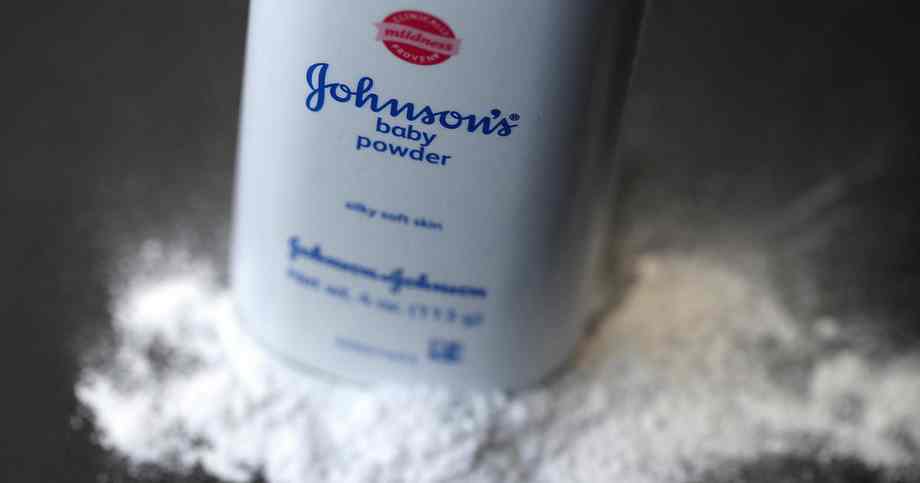
Black girls’s group sues Johnson & Johnson over talcum-based powder
A nationwide Black girls’s group is suing Johnson & Johnson, claiming the corporate marketed its child powder to Black girls for a long time regardless of understanding it had substances that might trigger ovarian most cancers.
The Nationwide Council of Negro Girls, or NCNW, filed a lawsuit Tuesday within the Superior Courtroom of New Jersey. The group claims within the lawsuit that a number of of its members have used Johnson & Johnson child powder for years and now have ovarian most cancers.
“Inner paperwork show that J&J focused these commercials to Black girls, understanding that Black girls have been extra probably to make use of the powder merchandise and to make use of them usually,” the criticism states. “These talc powder merchandise weren’t protected, nonetheless.”
The NCNW lawsuit comes roughly three years after a Missouri court docket ordered Johnson & Johnson to pay $4.7 billion in damages to girls in an identical case. That settlement quantity was later decreased to $2.1 billion.
Florida-based civil rights lawyer Ben Crump is representing NCNW for the case. The group is suing Johnson & Johnson for negligence, failure to warn prospects of a potential defect in a product and client fraud. The lawsuit would not specify a precise financial quantity the group is in search of in damages.
“This lawsuit is concerning the lives of our grandmothers, our moms, our wives, sisters and daughters — all of whom have been cynically focused by Johnson and Johnson,” Crump stated at a press convention held on Tuesday in Washington, D.C. “All of the whereas, firm executives knew the danger of ovarian most cancers from talc,” the lawyer stated.
In an emailed assertion Tuesday, Johnson & Johnson denied its merchandise trigger most cancers. “The accusations being made in opposition to our firm are false, and the concept that our Firm would purposefully and systematically goal a group with unhealthy intentions is unreasonable and absurd,” the corporate said.
“Very ambiguous”
A U.S. government-led evaluation of 250,000 girls, the biggest such examine to have a look at the query, discovered no robust proof linking child powder with ovarian most cancers, though the lead writer of the evaluation known as the outcomes “very ambiguous.”
Nonetheless, well being considerations about talcum powders have prompted hundreds of lawsuits by girls who declare asbestos within the genital powder brought about their most cancers. Talcum is a mineral comparable in construction to asbestos, which is thought to trigger most cancers, and they’re generally obtained from the identical mines.
The NCNW lawsuit notes different authorized challenges that Johnson & Johnson faces. “However these fits haven’t remedied the precise hurt that J&J has brought about to the Black group — and to Black girls specifically — by focusing on their commercials for this harmful product at them,” in response to the go well with.
Because the lawsuits have surfaced, Johnson & Johnson stated it has stopped promoting its child powder product. The corporate has put aside virtually $4 billion for settling future talcum powder lawsuits.
A 2015 examine in Los Angeles discovered that 44% of African-American girls reported utilizing talcum powder, in comparison with 30percentof White girls and 29% of Hispanic girls, Reuters reported.
Generations of hurt
For years, Black girls have been utilizing the talcum child powder which continues to have a destructive well being influence on their our bodies, the lawsuit claims, arguing that it’s Johnson & Johnson’s obligation to tell customers of the well being risks of their merchandise and advise them to hunt medical consideration.
“This firm, by way of its phrases and pictures, instructed Black girls that we have been offensive in our pure state and wanted to make use of their merchandise to remain contemporary,” NCNW Government Director Janice Mathis stated in a press release. “Generations of Black girls believed them and made it our every day follow to make use of their merchandise in ways in which put us liable to most cancers — and we taught our daughters to do the identical.”

